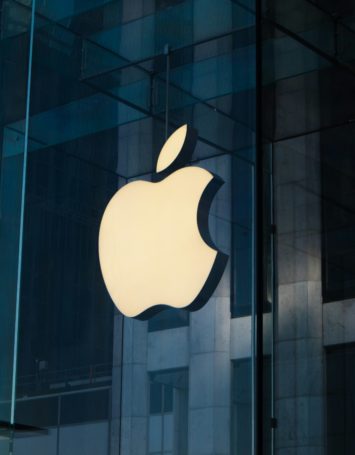Written by: Haim Ravia and Dotan Hammer
A California Court in Los Angeles County has ruled that popular social media networks that teenagers use are not required to cover the costs that schools incur in addressing the negative effects of social media on students. This decision was delivered in a lawsuit filed by several school districts. The plaintiffs argued that social media use among teenagers has increased educational expenses, arguing that it has made students more distracted and disruptive, warranting additional classroom discipline, employee training, and communication with parents.
The plaintiffs also alleged that the social media companies design their platforms to be addictive to youth through algorithms and features such as the “like” button, which they claim is harmful to society in ways similar to how cigarette manufacturers intentionally made their products addictive. Furthermore, the plaintiffs stated that they spent significant resources to deal with challenges posted on the platforms that encouraged students to damage school property.
The social media companies argued they couldn’t be held responsible for third-party content, citing Section 230 of the Communications Decency Act, which grants them immunity. They asserted they had no duty to prevent the alleged harms and claimed that the school districts’ complaints were barred by the economic loss rule in tort law, and lacked a valid public nuisance claim or sufficient causal connection to the alleged harms.
The court dismissed the claims, emphasizing the need to limit liability. The judge noted that holding social media platforms accountable for the emotional harm that leads individuals to act out would be akin to making a restaurateur liable for an accident caused by a diner suffering from food poisoning due to spoiled food. This decision underscored the court’s position that large platforms cannot be held responsible for the indirect effects of their operations on users. Extending liability to the defendants for the alleged harms would result in an indeterminate scope of liability to an indeterminate class for an indeterminate time, which is not supported by established common law principles, according to the court.
Click here to read the Social Media Cases in the California Superior Court, County of Los Angeles.



